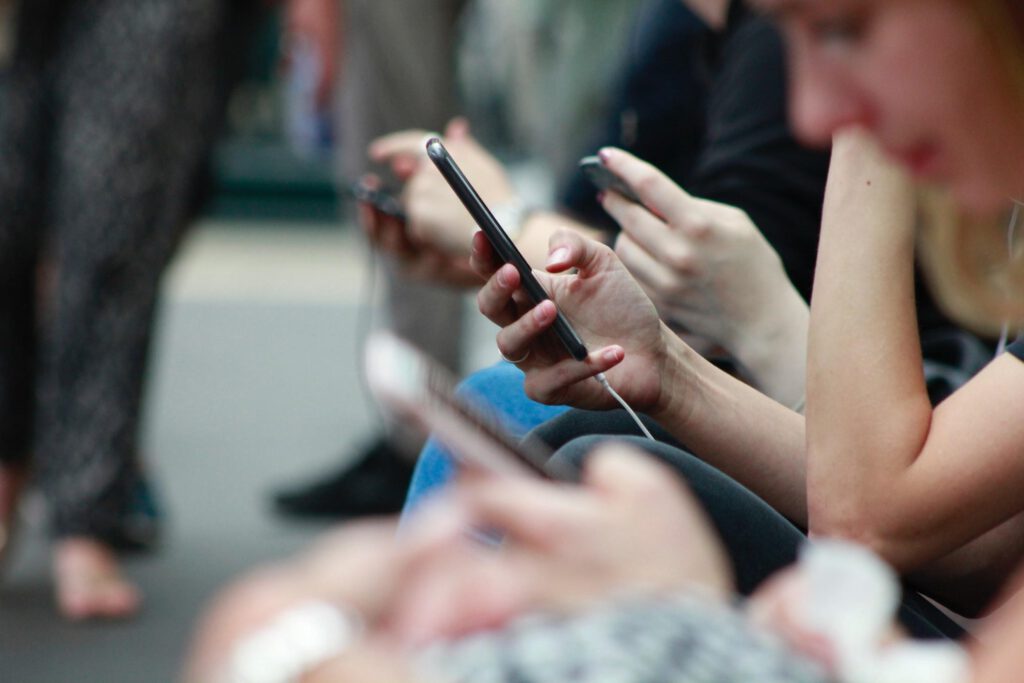Smartphones can improve academic performance, when used appropriately – new research

When using your phone helps you succeed at university – and when it makes you fail
Smartphones can improve academic performance, when used appropriately, according to new research by Aalto University School of Business.
The study “Revisiting the relationship between smartphone use and academic performance“, conducted by Ms. Yanqing Lin, Mr Wenjie Fan, and Professors Yong Liu, Virpi Kristiina Tuunainen, and Shengli Deng, looked into smartphone usage and how it impacts educational achievement in university students.
Despite the increasing popularity of smartphones in our daily lives, their usage among college students has been broadly discouraged because ample studies demonstrate that this usage has a strongly negative impact on academic performance.
This study strives to revisit this relationship by scrutinizing the distinctions among mobile applications. Based on a survey of more than 10,000 college students, the study offers robust evidence that, if used appropriately, smartphones can motivate better academic performance.
Specifically, based on activity theory and psychological trait theories, and the impacts of using six different mobile applications on students’ academic performance, detecting their indirect impacts mediated by both nomophobia (the fear of being unavailable to mobile phones) and behavioral habits.
Two kinds of poor sleep habits are investigated:
- Late sleep, and
- Insomnia
The results reveal positive, direct impacts of using mobile learning and news applications on academic performance and adverse effects of playing mobile games, as well as using social media, music and video, and entertainment book-reading applications.
Notably, the use of mobile learning applications does not contribute to nomophobia, because the use of mobile learning applications stifles the feeling of nomophobia.
However, the other five types of mobile applications that do contribute to nomophobia are:
- Social media
- Mobile games
- Music and video
- Entertainment book reading, and
- News
Their results found a positive, direct impact of using mobile learning and news applications on academic attainment, which contrasts popular belief.
“Mobile learning acts as part of studying that is practical and compulsory, therefore it is not considered ‘fun’ for most people, which contrasts other apps such as social media. For this reason, users are not going to be distracted from studying, or end up procrastinating,” says Ms. Lin.
The research revealed that even though the university used in the study did not have any official online e-learning or mobile learning platform, students would often establish class groups on social media to share learning materials and exchange information without any official management.
But the researchers warn that other, non-learning, mobile applications like social media are internalised and can trigger nomophobia.
“The more time users spend on entertainment apps relates to the level of nomophobia they experience, which in turn alters sleep habits. Changed sleep habits subsequently affect a student’s academic performance,” says Professor Liu.
For this reason, the researchers believe the simple change of not using a smartphone before bed should alleviate the adverse effects on students’ academic performance.
The study was conducted on 10,000 participants and was published in the Computers in Human Behaviour Journal.












Responses